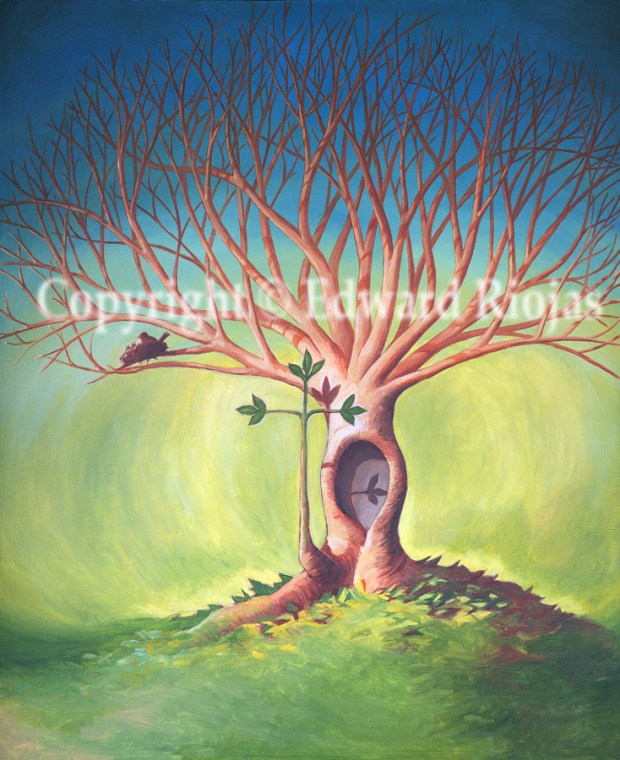 This final feature from our Lenten writing contest list of honorable mentions is written by Deaconess Michelle Domin.
This final feature from our Lenten writing contest list of honorable mentions is written by Deaconess Michelle Domin.
Oh, LORD, hear our cry.
“I waited patiently for the LORD; He inclined to me and heard my cry.” Psalm 40:1
I have waited many times throughout my life (sometimes patiently and sometimes not so patiently). In fact, my everyday life consists of constant waiting. Waiting for the toast to pop, the phone to charge, the water to boil. Waiting for the kids to fall asleep, waiting for a moment to myself, waiting for the weekend. Every year I wait for warmer weather, special family trips, birthdays, and Christmas. I have also waited on difficult things throughout the years. I have waited to find out if a family member has cancer, waited for physical restoration after a botched surgery, and waited for the pain of broken relationships to subside.
Never have I felt a more intense sense of waiting than when my two-year-old daughter, Eliana, was diagnosed with Restrictive Cardiomyopathy and given a death sentence. The doctors gave her a maximum of six years to live. Unless. Unless they took out her broken heart and replaced it with a strong, healthy one. The incomprehensible decision was made to put Eliana on the heart transplant list, and I waited. I did not know if I was waiting for her to die or waiting for someone else to die and give her a heart. Either way, I knew I was waiting for certain death. Every night I waited to see if Eliana would wake up in the morning. Every day I waited to see if her heart would keep beating. As Eliana’s condition quickly deteriorated, I knew she did not have six years. I knew she did not even have six months.
I cried to the LORD, not even knowing what to pray. I desperately wanted healing for my daughter, but I certainly could not pray for another child to die, just so mine could live. Yet, as I cried to the LORD, I knew that the very God to whom I prayed had already done exactly that. He sent His own Child to die that Eliana might live, securing her life in the waters of Holy Baptism. There at the font she received her new heart. Her heart sick from sin was drowned in Baptismal waters, and a new heart and Spirit were given to her. As she was united to Christ’s death and resurrection, I knew that whenever her temporal death might come, she would certainly be raised to eternal life.
Waiting for Eliana’s new heart felt like a lifetime. In reality, it was five short months. Joy and relief washed over me, thankful the wait was over. Yet, grief and sadness also washed over me, knowing another family had just experienced the death of their child.
No one knows the hour of life or death, but waiting is a key component. What joy we have that the wait for deliverance is over! God has heard our cries and sent His Son. In Christ’s death, He conquered death. In His resurrection, we too will most certainly be raised. Now, instead of waiting for certain death, we wait patiently for eternal life, knowing confidently and fully that we will be delivered from this vale of tears. As surely as Christ has been raised from the dead, He will come again and bring an end to all suffering. He has inclined to us and heard our cry. To God be the glory!
By Deaconess Michelle Domin
 [T]he loss of a baby in miscarriage is a source of profound grief. The joyful expectation of knowing this little one abruptly ends, and we are left with nothing but sonogram images. Where a miscarriage occurs in the setting of ongoing fertility problems, it can be particularly crushing.
[T]he loss of a baby in miscarriage is a source of profound grief. The joyful expectation of knowing this little one abruptly ends, and we are left with nothing but sonogram images. Where a miscarriage occurs in the setting of ongoing fertility problems, it can be particularly crushing. The author of this honorable mention selection from our Lenten
The author of this honorable mention selection from our Lenten 
 “What did I do to deserve this, Lord?”
“What did I do to deserve this, Lord?” Congratulations to our Lenten
Congratulations to our Lenten 
